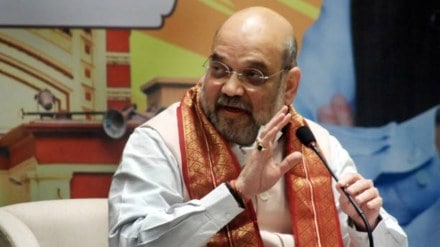The Indian government is set to launch a cooperative-run alternative to Uber and Ola, Home Minister Amit Shah has announced. Speaking in Parliament, Shah emphasized that Prime Minister Narendra Modi’s vision of Sahkar se Samruddhi (Prosperity through Cooperation) is more than just a slogan. “The Ministry of Cooperation has been working tirelessly for the past three and a half years to make this a reality,” he said. As the head of this newly created ministry, Shah aims to strengthen the cooperative movement across the country.
“In the coming months, we will establish a large-scale cooperative taxi service modeled after Uber and Ola,” he declared. This initiative will cover two-wheeler taxis, autorickshaws, and four-wheelers. Unlike corporate ride-hailing platforms, Shah asserted, “The profits from this cooperative society will not go to businessmen but directly to the drivers. This is the model we are bringing to life.”
Attempts to challenge Uber and Ola’s dominance have been made before. In 2017, Delhi’s taxi drivers launched Sewa Cab, a driver-owned initiative. Kerala also saw efforts to create an alternative. However, these projects struggled to compete against the entrenched duopoly.
More recently, however, successful challengers have emerged. Rapido has carved out a niche in the market using a business model similar to Uber and Ola’s. Meanwhile, Namma Yatri, which operates on the government’s ONDC framework, has found success by charging drivers a subscription fee instead of taking a commission per ride. Launched in Bengaluru, Namma Yatri has since expanded to cities like Kolkata, Kochi, and Mysore.
While it remains unclear whether Shah’s cooperative model will resemble Namma Yatri, this initiative has a stronger chance of success than past efforts. With central government backing, it could easily onboard drivers and attract customers. By eliminating middlemen like Uber and Ola, the model could potentially increase driver earnings while offering lower fares to passengers—creating a win-win for both sides of the marketplace. Moreover, given the government’s track record of delivering on major policy promises, this project is likely to receive substantial support to ensure its success.
If implemented, India would become the first country to develop a government-backed cooperative alternative to private ride-hailing services. The country has a history of successful cooperative ventures—most notably, Amul, which transformed India into the world’s largest producer of milk and became the eighth-largest dairy company globally. If this initiative achieves similar success, it could set a precedent for the world to follow.
